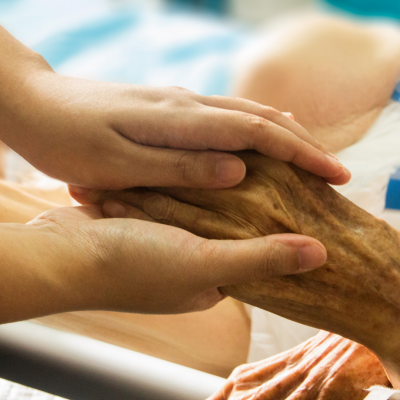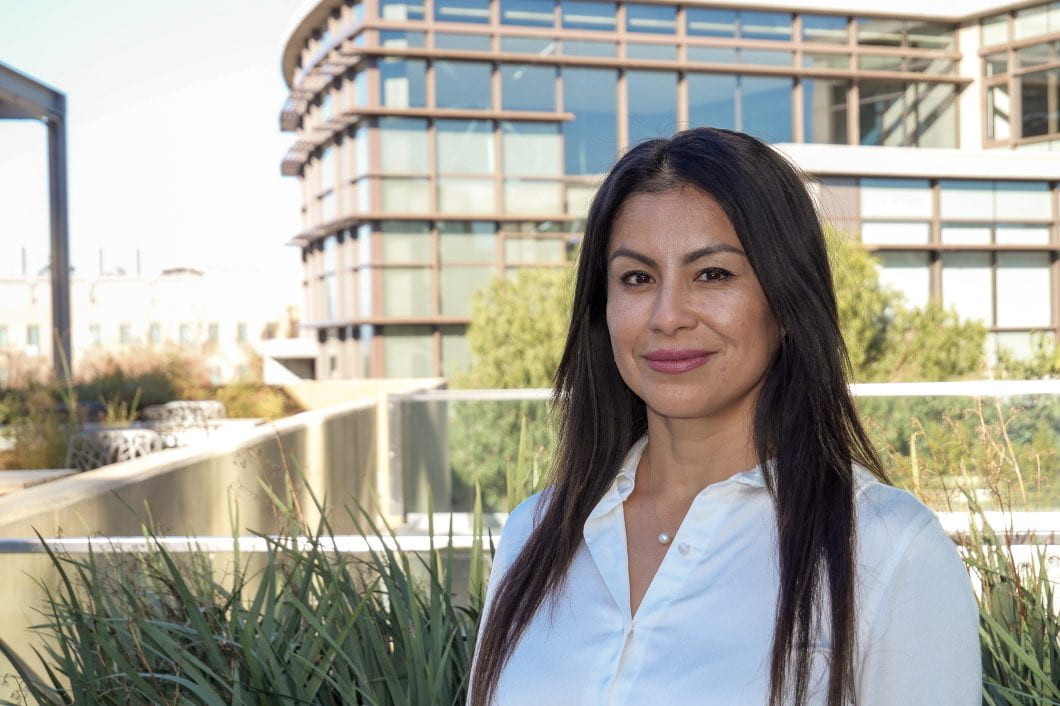
Read and subscribe to our newsletter ›
By Mark Lazenby
Dean and professor
UCI Sue & Bill Gross School of Nursing
“To be human is to be vulnerable. To be a living thing is to be vulnerable.”
A couple of years ago, I wrote those words in a discussion about the obligations of nursing. Acknowledging that we are all vulnerable, I argued, is the basis of compassion, and nursing is a compassionate profession.
Compassion helps us to understand why health equity matters: we both think and feel that it is wrong when some people are made more vulnerable than others by factors such as race, ethnicity, sexuality, gender, income, education, age and pre-existing mental or physical health conditions. As those who have heard or read my inaugural address as dean will know, the Sue & Bill Gross School of Nursing’s proactive stance on health equity was a key factor in bringing me to UCI.
In this issue of the newsletter, you will read about areas in which our nurses are working to reduce the vulnerability of local communities in which English is not a first language and where cultural differences make healthcare more difficult to access. Associate Professor Jung-Ah Lee‘s five-year study seeks to improve support for home-based caregivers for dementia and Alzheimer’s patients, and initially focused on the Asian-American community. The scope of the study has since been increased and is still recruiting, so please take a look.
Nurses very often originate from the communities they serve, increasing their ability to identify and meet the needs of those communities. This is a key factor in the story and the ambitions of UCI nursing student Valeria Soria Guzman, also interviewed for this issue.
And I hope you will find time to watch the virtual lecture given by UK-based philosopher, Professor Havi Karel, for the UCI Center for Nursing Philosophy. Karel discusses how the very institutions designed to help people in need often serve to increase and compound their vulnerability — a process she calls “vulnerabilization.” As professionals familiar with and often part of such institutions — hospitals, clinics and universities are three examples — nurses are well positioned to consider, understand and reverse this inequitable process.
At the time that I wrote the words with which I introduced this newsletter, my focus was on the war in Syria and the current pandemic was yet to emerge. Today, as we continue to battle COVID, we are newly transfixed by chilling reports of conflict in Europe. Yet in terms of our common vulnerability and our common need for compassion, nothing has changed. I remain as convinced as ever of nursing’s power and obligation to reduce the unequal distribution of vulnerability throughout our society, and I am proud of our school’s efforts in doing so.


Leave A Comment